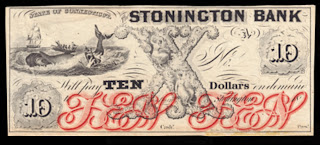Correction leads investors to look on the bright side and stop worrying. Stock prices went wrong ("Did you really buy Exxon at $100?") but now they're corrected. Aren't you glad?
Old line wealth managers wondered if our latest correction would panic clients of online investment services. Betterment's Dan Egan thought not:
“The vast majority of our … customers are normal people going on with their lives. We are not going to be the ones who force our clients to pay attention to the stock market since we know that is not good behavior.”
Nevertheless, Egan took the precaution of posting What to Do After a Market Drop. The contents nicely mirror what non-robotic advisers were telling their clients.
Your obedient blogger is not on Ric Edelman's email list, but for some reason Ric sent along this revealing chart – a good way to demonstrate that stock prices go up a lot more than they go down.
Ironic, isn't it? Except in the very short term, the stock prices reset by a correction almost always prove to be pessimistic, and therefore incorrect.












